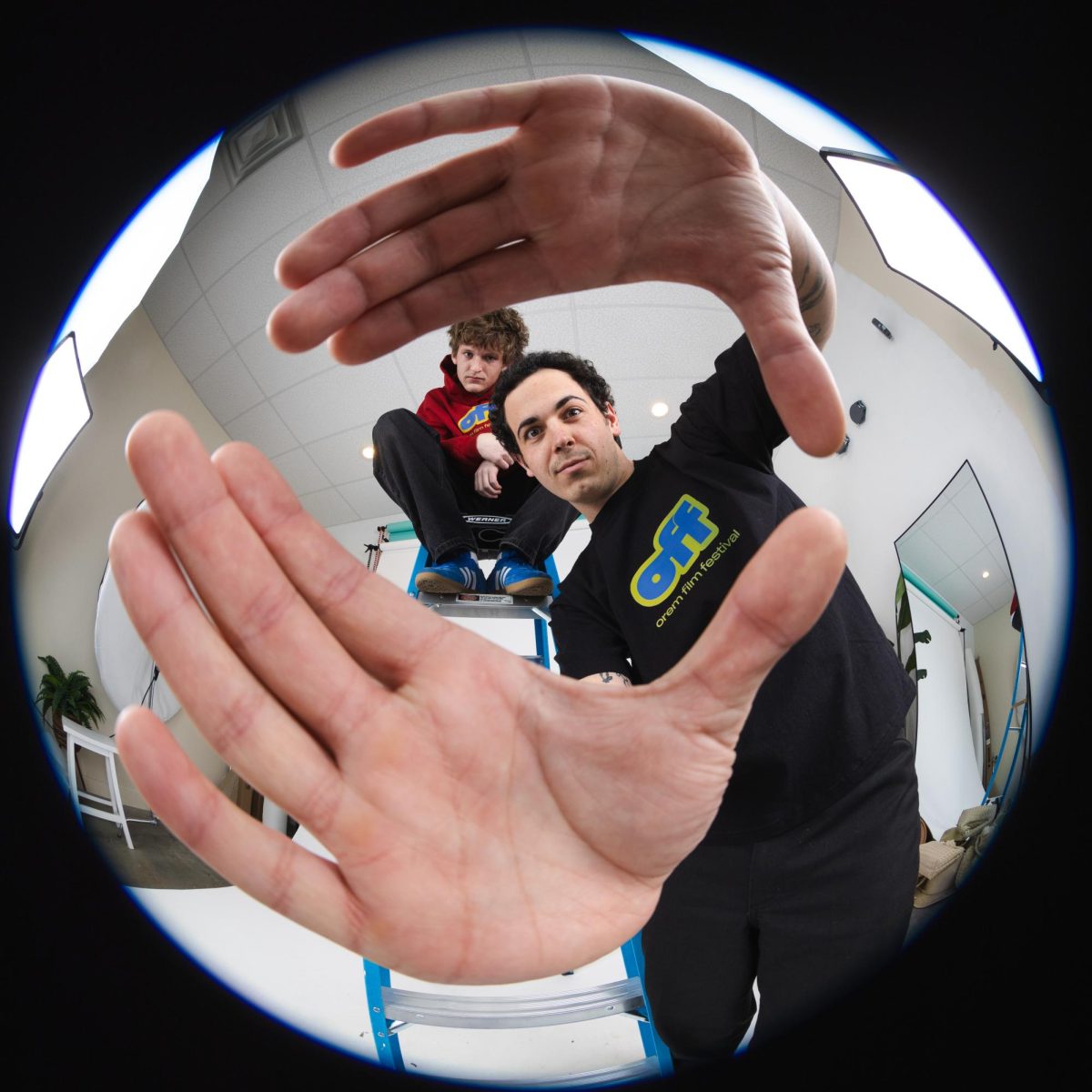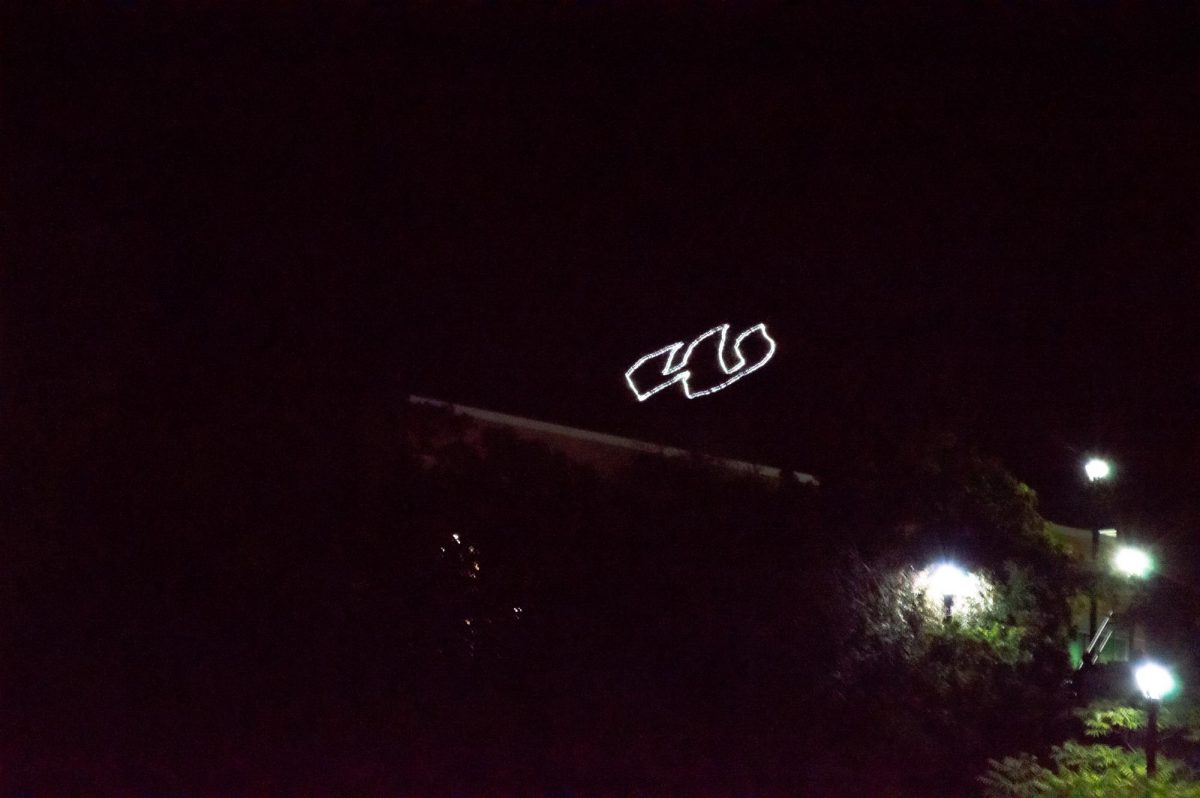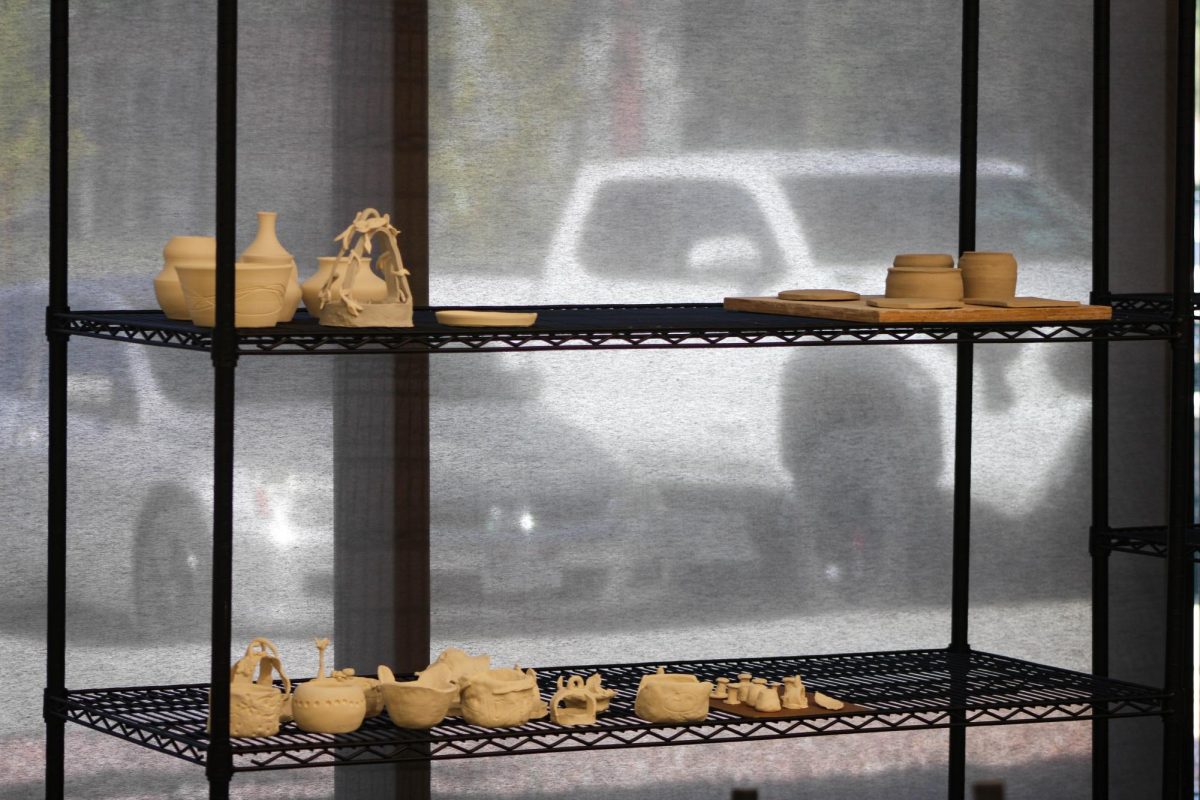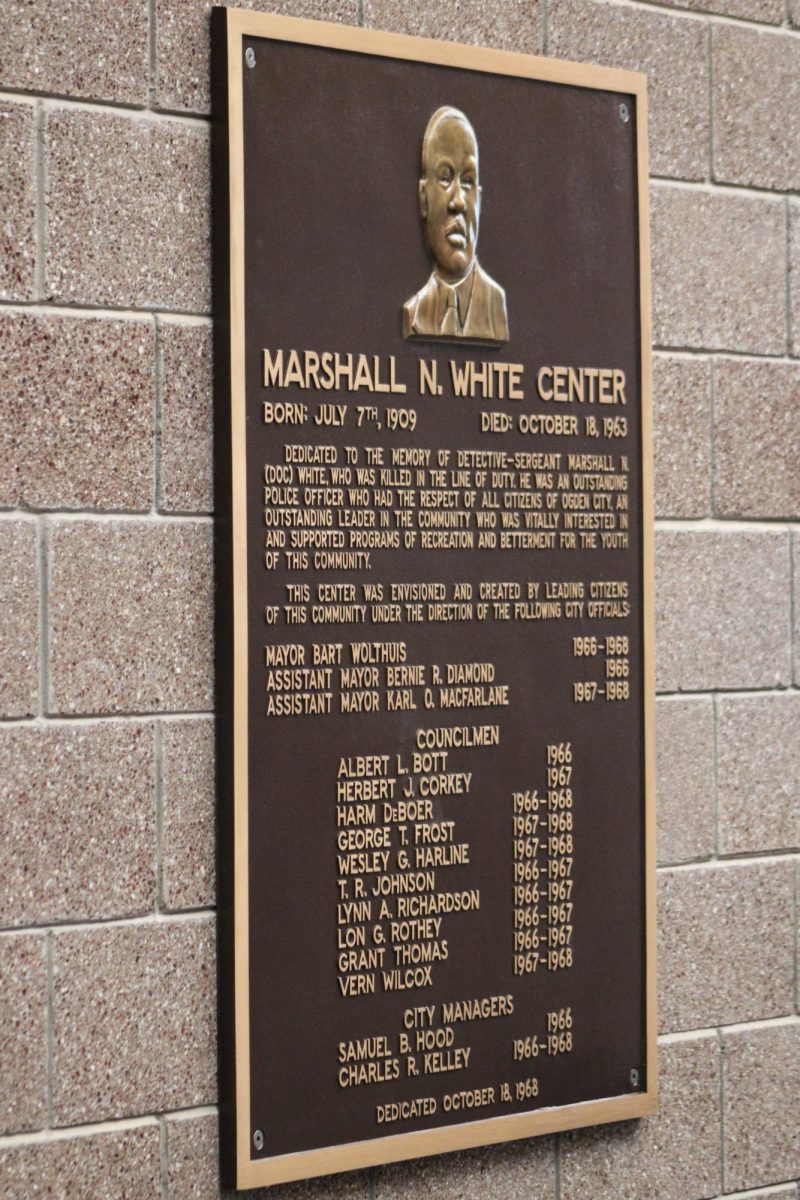
Weber State University students in the College of Arts and Humanities who are caught cheating or plagiarizing their work may receive red slips of paper attached to their assignments when they’re handed back.
“We in the College of Arts and Humanities have a little slip we call a Howler,” said associate English professor Scott Rogers. “It’s a little red piece of paper.”
The red slip of paper lets students know they’ve been caught and will face penalties for their behavior. The penalties include the less-severe first warning, followed by probation. However, students caught cheating or plagiarizing more than once will immediately become eligible for suspension.
Several studies cited in the NeoAcademic article “Online Plagiarism and Cybercheating Still Strong — 61.9%” by Richard N. Landers showed the extent of college cheating and plagiarism in the U.S. According to the studies, 50 percent of students have admitted to online cheating during their time in college. In another study cited in the article, 30-40 percent of students admitted to copying text from the Internet, and around 25 percent of graduate students engage in the same behavior.
“I tend to see plagiarism as a function of desperation,” Rogers said. “People get stressed, they get strapped for time, and they panic.”
Plagiarism is very easy for professors to detect, according to Rogers. Professors can access the Internet to see if a passage or sentence has been copied from another source. They can also detect it based on who the student is as an individual.
“I one time had an 18-year-old freshman from Oklahoma write me the sentence ‘Barbie is an unrealistic hybrid of male expectation,’” he said. “An 18-year-old freshman from Oklahoma won’t write that sentence.”
Rogers explained that, when students take a class, the professor is able to get to know each student by their individual personalities and the ways they write. If large differences in vocabulary and style appear between papers, the professor might suspect the student of plagiarizing.
“There’s a difference between the way a freshman writes and a fifth-year Ph.D. student,” he said.
Students caught cheating more than once are referred to the office of the dean of students, Jeffrey Hurst. The student is then brought before a committee to discuss the cheating behavior and likely suspended.
Suspension can occur at any time in the semester. Removal from school can carry both academic and economic consequences, although most students who are suspended are able to come back. Suspension is different from expulsion, which is when students are not allowed to come back and is not an option considered for plagiarism or cheating.
“With suspension, there’s an expectation that if you do certain things, if you meet certain requirements, there’s a chance that you can come back to Weber,” Hurst said.
Students who have been caught doing it more than once are brought to Hurst about 2-5 times a semester. Hurst highlighted the importance of faculty members reporting such incidents.
“I’ve really appreciated the instructors who report incidences of cheating to our office,” he said.



















